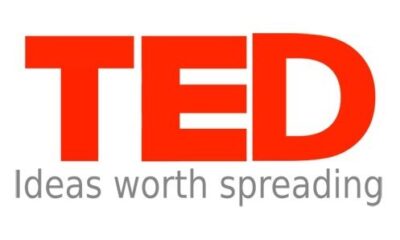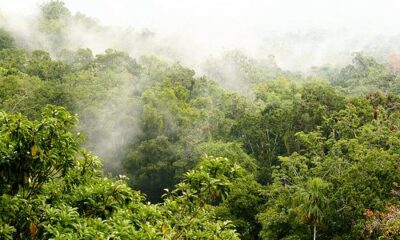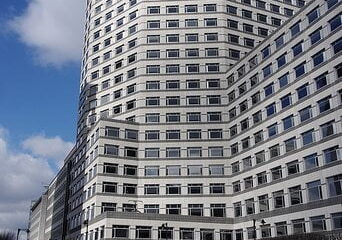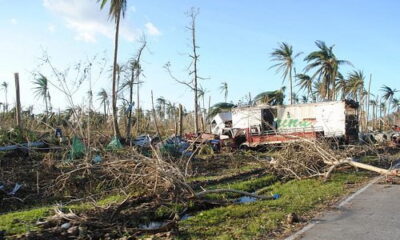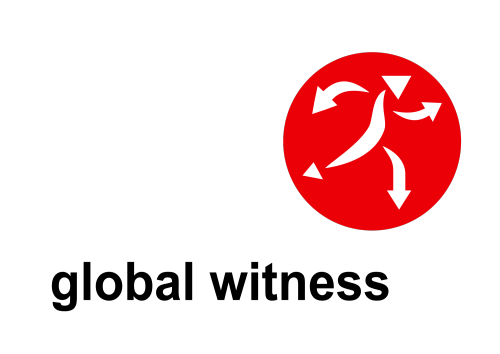

Energy
Murder of Pigh-Profile Indigenous Leader Berta Cáceres Must Trigger Urgent Investigation in Honduras
Global Witness is calling on the Honduran government to launch an immediate investigation into the killing of Berta Cáceres, a high-profile activist who campaigned for the defence of indigenous land rights. Cáceres was shot dead in her home town in Honduras, less than a year since she was awarded the 2015 Goldman Environmental Prize – a prestigious award recognizing grassroots environmental activists from around the world.
Cáceres helped expose the acute vulnerability of indigenous activists in Honduras, the world’s most dangerous country per capita to be an environmental or land defender. According toGlobal Witness research at least 101 people were killed in the country between 2010 and 2014, linked to a surge in destructive agriculture, mining and dam projects.
Cáceres had received multiple death threats, attempted kidnappings and threats of sexual assault because of her opposition to a hydro-electric dam being built on indigenous community land in Río Blanco. The Inter-American Commission for Human Rights (IACHR) had granted Cáceres emergency protection measures, which she claimed were not being implemented by the Honduran state.
“The shocking news of Berta’s killing should come as a dramatic wake-up call for the Honduran state,” said Billy Kyte, Senior Campaigner for Global Witness. “Indigenous people are being killed in alarming numbers simply for defending rights to their land. The Honduran state must act immediately to find Berta’s killers and protect her family and colleagues.”
Global Witness’ report How Many More found that in 2014 at least 116 environmental activists were murdered – almost double the number of journalists killed in the same period. 40 % of victims were indigenous, with most people dying amid disputes over hydropower, mining and agri-business. Nearly three-quarters of the deaths were in Central and South America.
At around midnight on 2 March 2016 gunmen broke down the door of the house where Cáceres was staying in La Esperanza, western Honduras, and shot and killed her. Threats against Cáceres and her colleagues had escalated in recent weeks, following a peaceful protest by her community against the Agua Zarca dam. Construction of the dam was recently reinitiated following a brief interruption in the wake of protests.
Cáceres was the General Coordinator of COPINH (the Civic Council of Popular Indigenous Organisations of Honduras). Since 2011 COPINH has been campaigning for the defence of the rights of the indigenous Lenca people, including that communities should be consulted before governments and companies can develop on their land.
In Cáceres’ acceptance speech at the Goldman Environmental Prize ceremony she remarked on the situation facing her community, saying, “They follow me and threaten to kidnap and kill me. They threaten my family. This is what we have to face.”
Honduras’ obligation under international law demands that indigenous people are consulted on projects that affect their land. This has been ignored by the dam owners, the Honduran company DESA. The project is also partly financed by the Dutch development bank FMO.
“Berta’s bravery in the face of overwhelming repression will be a rallying call for environmental activism in Honduras,” said David Gordon, Executive Director of the Goldman Prize. “The Honduran government must ensure all threatened activists are granted immediate protection.”


 Environment12 months ago
Environment12 months agoAre Polymer Banknotes: an Eco-Friendly Trend or a Groundswell?

 Features11 months ago
Features11 months agoEco-Friendly Cryptocurrencies: Sustainable Investment Choices

 Features12 months ago
Features12 months agoEco-Friendly Crypto Traders Must Find the Right Exchange

 Energy11 months ago
Energy11 months agoThe Growing Role of Solar Panels in Ireland’s Energy Future




